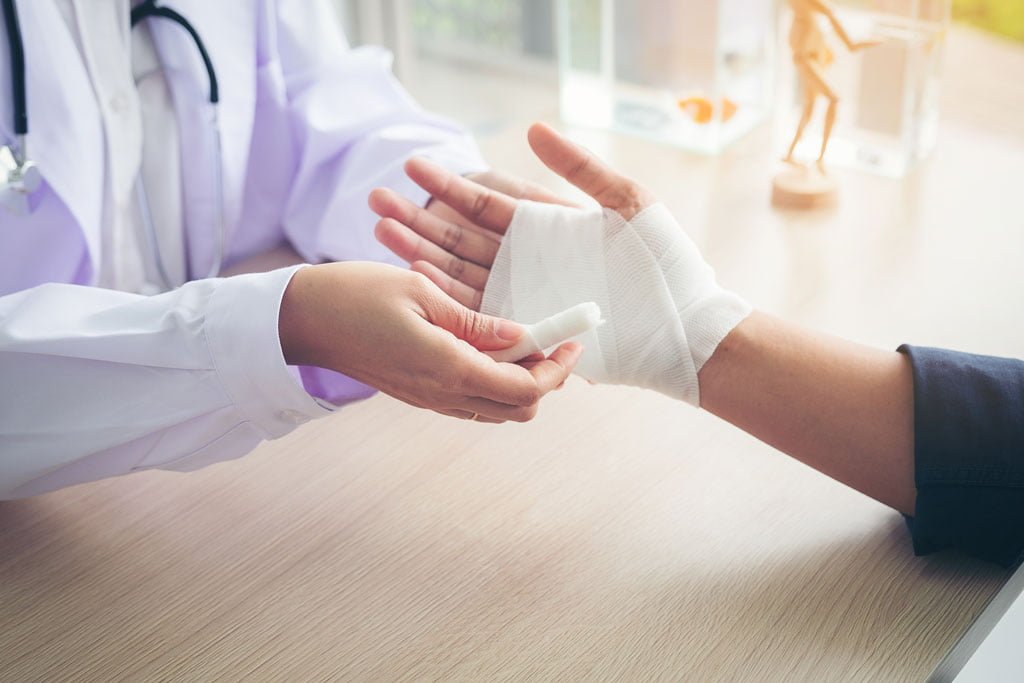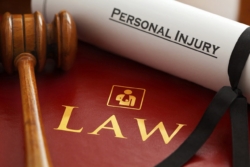Most people only think of car accidents when thinking of personal injury cases. However, this isn’t the only type of personal injury case. There are many different reasons you can get injured, and these all come with varying types of compensation. Personal injury cases arise from road accidents, vehicle accidents, workplace accidents, medical negligence, animal attacks, or other mishaps by persons and companies.
You cannot get compensation for the injuries you suffered unless you file a case against the person or party responsible for causing your injury. When you are injured because of someone else’s fault, they must compensate you for it. If you have been injured in an accident or sustained injuries because of someone else’s negligent or willful act, then these are personal injury cases that can be settled in court by hiring personal injury lawyers.

Photo by Gabrielle Henderson from Unsplash
The law does not limit the compensation amount to any particular limit. However, as per the civil court procedure, if the compensation amount claimed is very high then the case may take time to settle in court.
Depending on the circumstances of your case, you could be dealing with one of many different types of personal injuries which we will discuss below.
Typical Car Accident Case Of Personal Injury
When you are involved in an accident of any type, you should immediately contact the police and get their accident report. Personal injury lawyers generally need proof of damages that you must provide, such as bills that show your medical expenses.
One of the most common questions asked by people in car accidents is, “Who’s at fault for the accident, and who’s liable to compensate the damages?” Usually, this question is decided by the insurance companies. Still, if you are not happy with what their insurance adjusters are saying, you might want to have an experienced personal injury lawyer by your side to protect your rights. Nevertheless, the most common car accident causes include:
- Distracted driving – This happens when a driver is not paying attention to the road and surrounding conditions. Inattentive drivers might be daydreaming, talking on a cell phone, or texting.
- Speeding – Speeding occurs when a driver travels too fast for the current conditions or speed limit. Often this is an attempt to get to a destination promptly.
- Drunk driving – This includes driving while under the influence of alcohol, drugs or while intoxicated. Even a single drink can impair your ability to drive safely.
- Collisions with fixed objects – Fixed objects are hard objects that are immobile and usually stationary such as trees and poles located along the side of roads. These collisions often result from distracted or speeding drivers.

Photo by Matt Chesin from Unsplash
Slip-and-Fall Case Of Personal Injury
Slip-and-fall accident cases are one of the most common types of personal injury cases. For example, a slippery floor can cause accidents as well as accidents caused by other things such as glass shards on the floor or even sharp objects like broken glass bottles or kitchen knives.
So what do you do when someone slips and falls? You need to find out three things: who owns the property where it happened; what was done (or not done) to keep the area safe; and whether or not anyone was doing anything that put them at fault or prevented them from taking precautions.
Medical Malpractice Case Of Personal Injury
Medical malpractice is when a medical professional’s treatment harms a patient. Malpractice can cause both physical and emotional harm to the patient. Medical malpractice cases are usually brought against the doctor or the hospital because they are the ones responsible for the treatment.
The reasonable doctor has to be alert to any defects or abnormalities relevant to the diagnosis or treatment of the particular condition. In addition, they must have a working knowledge of all relevant diagnostic tests and their results and all treatment options for the specific situation.
If you want to bring a medical malpractice suit, you must prove that your injury was caused by their failure to meet the applicable standard of care, where a failure on one point is enough. If they could have avoided your injury through minor adherence to the appropriate standard of care, but didn’t, then they bear responsibility for your damages.
Final Thoughts
Although you should always consult a professional when you have a personal injury concern, it’s also valuable to understand the most common types of personal injuries—how they happen, and how they are compensated by the court. There’s no one-size-fits-all solution for every situation, but at least understanding the basics will put you in a better position to make smart decisions about your case.





